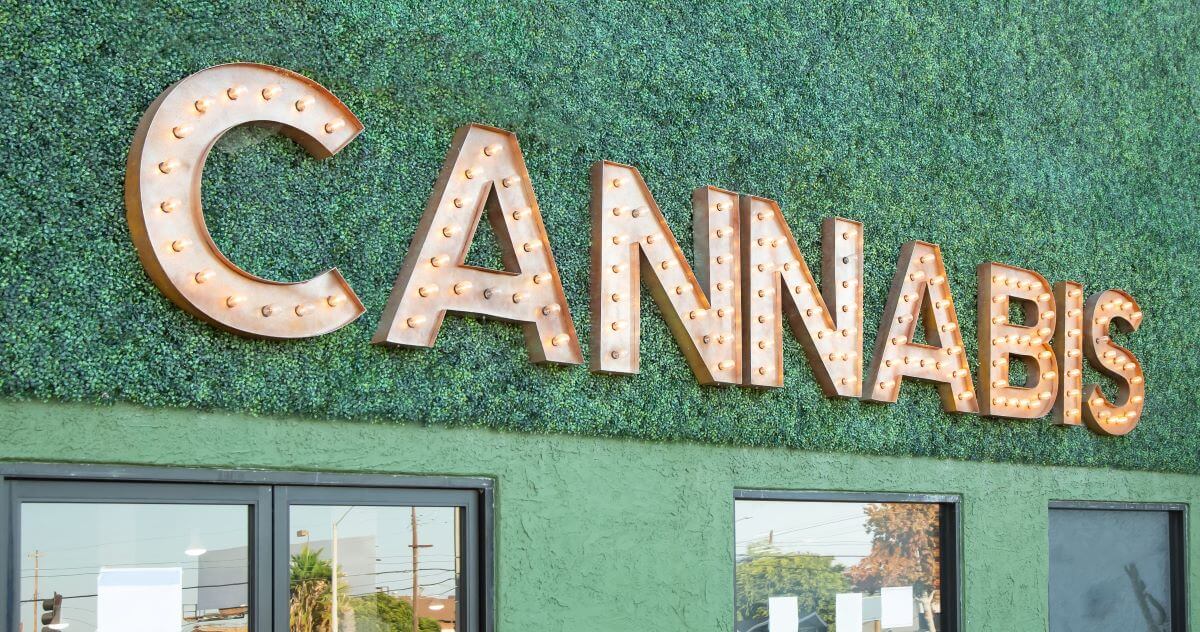How Municipalities Can Navigate the New Cannabis Legislation

Step 1: Adopt an Interim Ordinance under Minn. Stat. 342.13 (e)
Chapter 63 of Minnesota Session Law – 2023 was signed on May 30, 2023. The Law creates an Office of Cannabis Management which will issue licenses for the operation of cannabis businesses. Once the license is issued, cities will be compelled to issue the licensed cannabis business a city registration to operate in the city. The effective date for the majority of the Cannabis Law is August 1, 2023. Once August 1, 2023 hits, the race is on. Before cannabis businesses can begin applying for state issued licenses, cities need to take action to determine where cannabis businesses can operate in their city, when cannabis businesses can operate in their city, and how cannabis businesses can operate in their city.
What options do cities have for regulation of cannabis in their jurisdiction?
The Cannabis Law permits cities to adopt ordinances with reasonable restrictions on the time, place, and manner of the operation of cannabis businesses, including a restriction on the number of cannabis businesses in their jurisdiction to one for every 12,500 residents. Cities are also empowered to prohibit cannabis businesses near schools and/or daycares, residential treatment facilities, or an attraction within a public park regularly used by minors. Perhaps the most powerful option available for cities is, after a public hearing, to adopt an interim ordinance under the anticipated Minn. Stat. §342.13. The interim ordinance can regulate, restrict, or prohibit the operation of a cannabis business in the city until January 1, 2025. To address concerns of use of cannabis in public, the law provides an option to cities to adopt ordinances prohibiting the use of cannabis and hemp in public places.
Cities do not have the option of adopting a local tax on Cannabis.
What obligations do cities have under the Cannabis Law HF100A?
In addition to either registering cannabis businesses or providing consent for the county to issue registrations for cannabis businesses within the city, cities are required to conduct compliance checks. The Office of Cannabis Management is obligated to draft model forms for cities to use for conducting compliance checks. Model ordinances along with model forms and procedures for issuing registrations will also be provided by the Office of Cannabis Management.
Does the Cannabis Law only create new laws for Cannabis businesses or do cities have to amend or adopt any other ordinances or policies?
There are many new employment regulations that will require cities to adopt new and amend current policies, please see my blog post Employer Impacts for more details.
The new Law also makes changes to liquor licensing, including, but not limited to, when an applicant can be disqualified from receiving a license. Finally, municipal liquor stores (and any other exclusive liquor store) can now sell edible cannabinoid products as defined in Minn. Stat. §151.72 as permitted by local ordinance.
When the Office of Cannabis Management will begin issuing licenses is unknown. What is known is that effective August 1, 2023, Adult-Use Cannabis will be legal. As such, cities should work closely with their legal counsel to ensure compliance with this new legislation.
